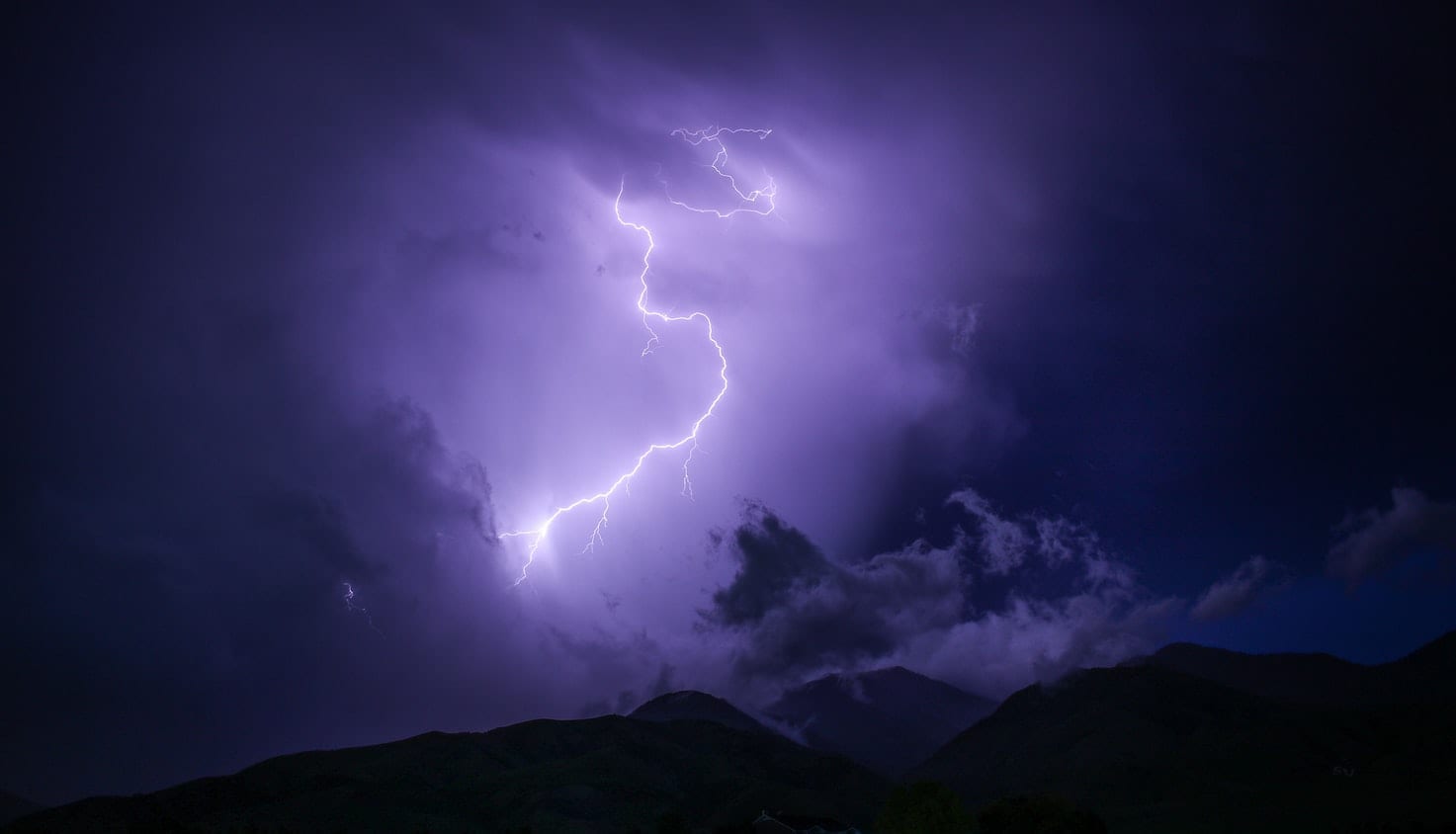No matter where you live in the United States, it’s very likely you or someone you know has been impacted by a natural disaster within the last year. From historic winter storms and extremes in temperature fluctuations, flooding and tornadoes in the Midwest, wildfires in California and the western states, and hurricanes and tropical storms that battered the Gulf Coast and Eastern Seaboard, cities across the country are still trying to recover from some of the worst devastation — and disruption to “business as usual” — ever recorded in the history of the United States.
Fleets that rely on a single fuel source are less likely to successfully navigate the challenges that are endured during times of extreme weather or catastrophe.
Unfortunately, many agencies, companies, municipalities, and individuals don’t plan for the likelihood that the distribution networks for gasoline, diesel, and electricity can, and in most cases will, be disrupted for extensive periods. Fleets that rely on a single fuel source are less likely to successfully navigate the challenges that are endured during times of extreme weather or catastrophe. One example is in the state of California where the increased occurrence of wildfires is requiring that utility companies turn off power, sometimes without advanced notification, during days of increased fire risk to avoid sparking a new blaze. Fuel diversification, sustainability, and resiliency are becoming required strategic approaches for fleet operations as a result of the unpredictable increase in extreme weather events.
States that have incorporated EPA- and CARB-certified propane autogas vehicles and stand-alone generators in their sustainability and resiliency plans have proven and reliable fuel, vehicle, and back-up power solutions that improve vital emergency planning, including timely evacuations and rebuilding communities both during and after the event.
Propane refueling is scalable based on a fleet’s demands, and propane autogas is a portable fuel that can be delivered to all parts of the country during times of need. Propane autogas refueling options include mobile, temporary, on-site, and an established nationwide propane autogas refueling network with more than 1,500 publicly available stations. These stations can be used to refuel vehicles daily or during emergencies. Of equal importance in resiliency efforts, stand-alone propane generators are available to provide an uninterrupted supply of electricity when electric grids are rendered inoperable. Propane autogas fleets work with their propane suppliers to ensure a sustainable supply of fuel is available at all times and vehicles are in operation during times of greatest need.
Unlike gasoline and diesel, propane is non-toxic and does not contaminate air, land, or water resources. This environmental benefit eliminates public exposure, health, and environmental concerns and reduces post-event cleanup and the associated costs.
Unfortunately, climate forecasts and projections indicate that these devastating events are likely to be a part of our future, and we need to prepare for them.
Unfortunately, climate forecasts and projections indicate that these devastating events are likely to be a part of our future, and we need to prepare for them. The National Oceanic and Atmospheric Administration reports that the number of days in the United States with extremes in one-day precipitation is rising, meaning there is a stronger likelihood for simultaneous flooding and drought in parts of the country on any given day. National and state emergency management agencies are researching solutions that can improve public safety and reduce the impact while improving chances of survival for all citizens.
With that in mind, it’s crucial for fleet owners to consider how these events may impact their communities, and ultimately, how their fuel sources will perform during times of greatest need. For more information about propane autogas, visit Propane.com.



